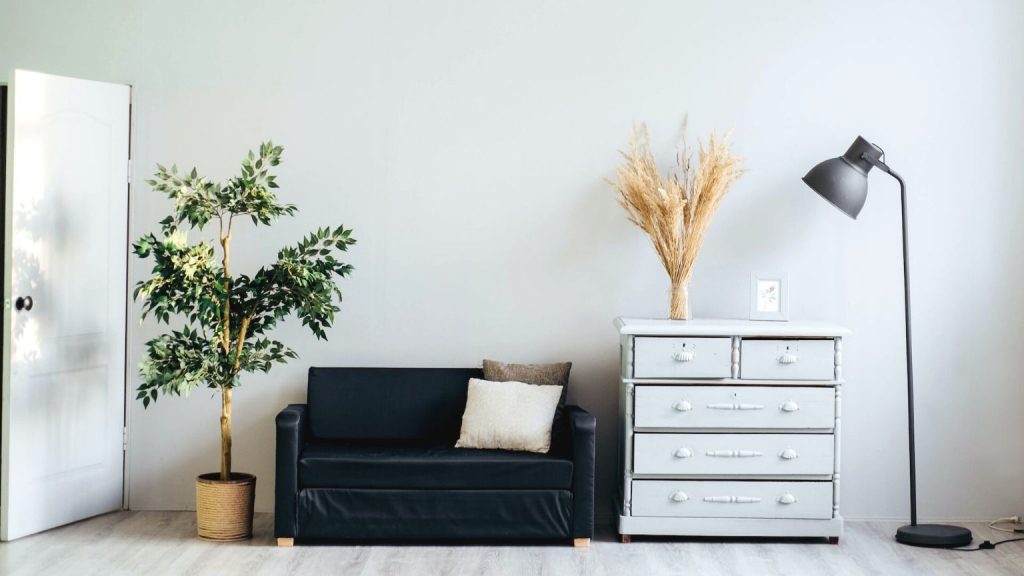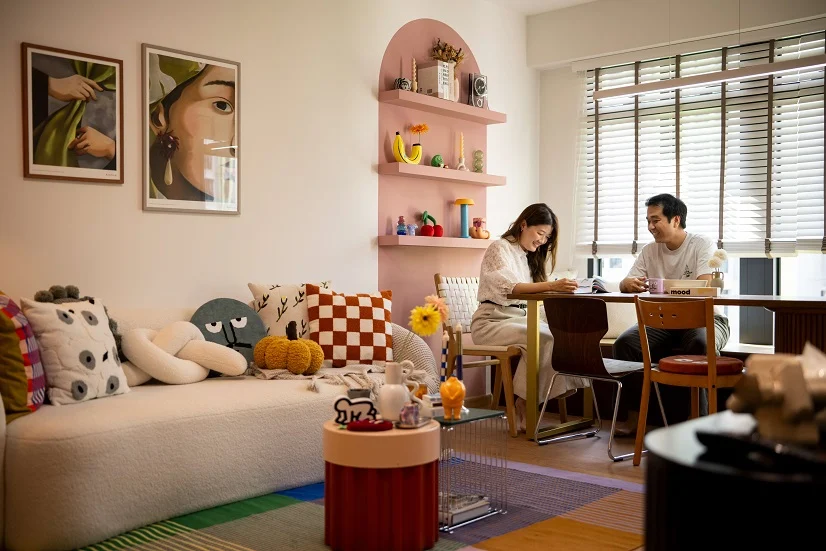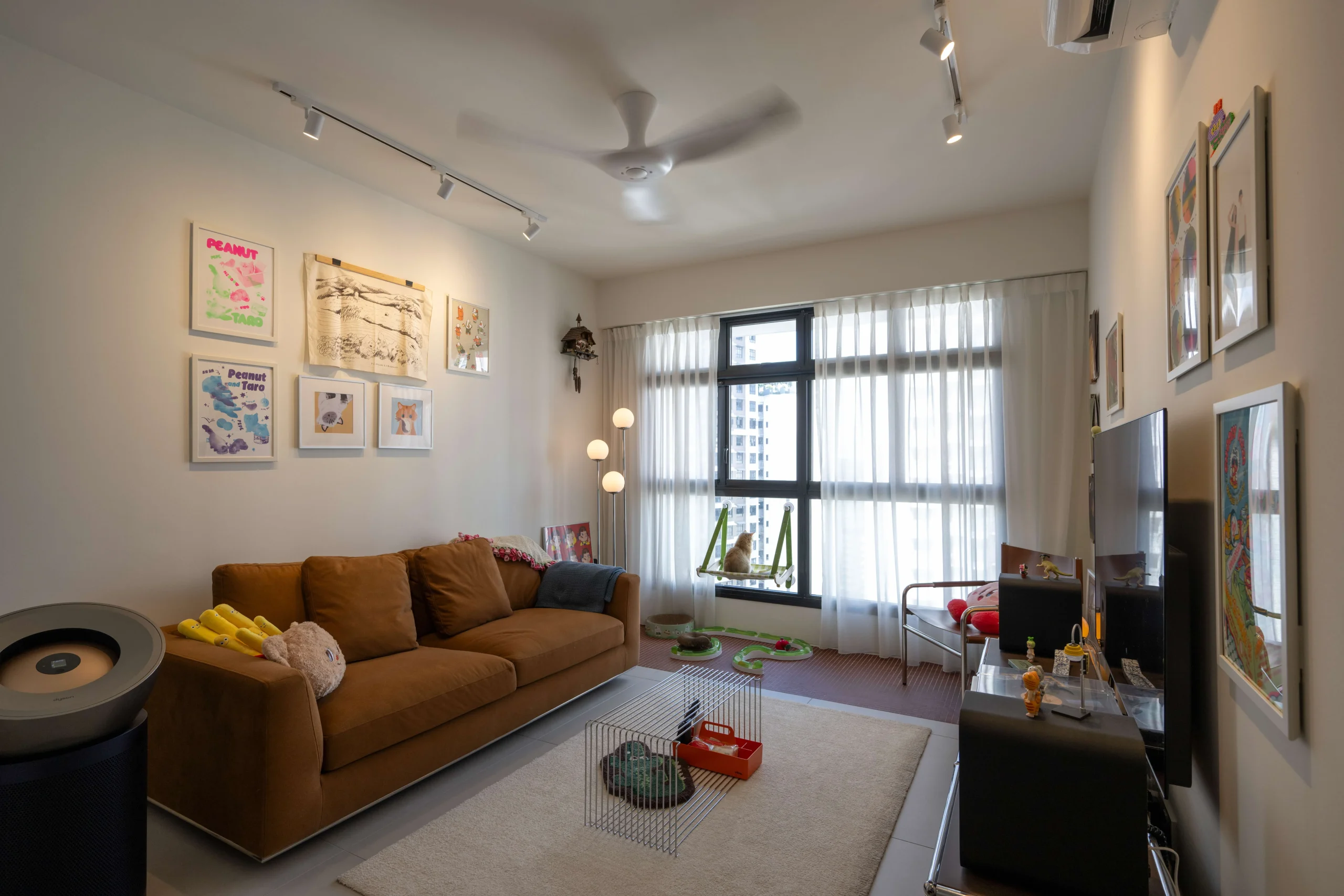If you’re living with someone with dementia, you may have seen them struggle to remember things and perform once familiar tasks, or become easily disoriented and confused. To make day-to-day living more comfortable and safer for your loved one, we’ve rounded up some important design tips to create a dementia friendly home.
1. Maximise Natural Light

Let there be light! A dementia friendly home has good lighting, which is key to helping persons with dementia see more clearly and become more aware of their surroundings. There’s no better light than natural light – so make sure there is nothing blocking it from coming in through the windows. If privacy is a concern, use day curtains so that light can still pass through.
2. Mark Key Features with Contrasting Colours

Photo: Home Tours: The Art of Functionality
A white switch against a white wall versus a coloured switch against a white wall – while this may seem like a small design consideration, it can make a big difference for a person with dementia. To draw attention to important areas or objects, create greater contrast by using dark colours against light backgrounds or vice versa. This will make things like doors, light switches, or furniture even more visible and obvious.
3. Avoid Elaborate Patterns

Busy and elaborate patterns can be confusing and disorientating, because of their large sized motifs or striking colours. For example, stripes and zigzags may look like they are moving objects to a person with dementia, as their sense of vision and perception are affected. So, keep patterns minimal and subtle for a dementia-friendly home.
4. Adopt Anti-Slip and Anti-Reflective Flooring

A person with dementia may already be struggling with awareness of their surroundings, so it’s important to choose flooring that can help them get around safely, such as matte flooring. Also, avoid flooring that is shiny and reflective because they may appear wet to a person with dementia, making them feel more anxious and more prone to slipping.



![[SL] MNH Banner](https://www.mynicehome.gov.sg/wp-content/uploads/2025/10/SL-MNH-Banner.webp)
